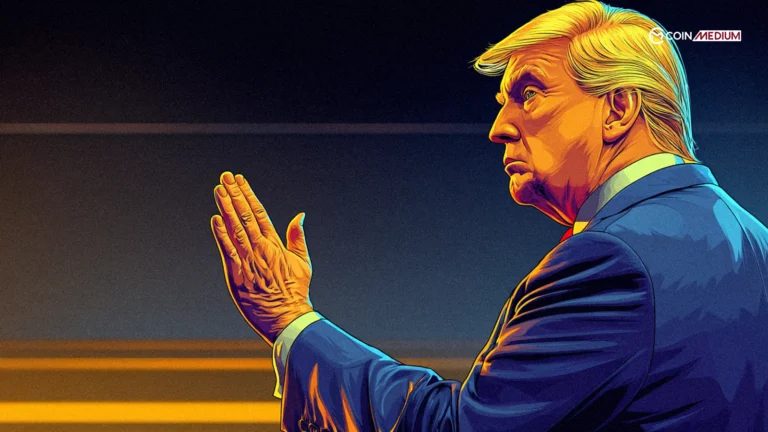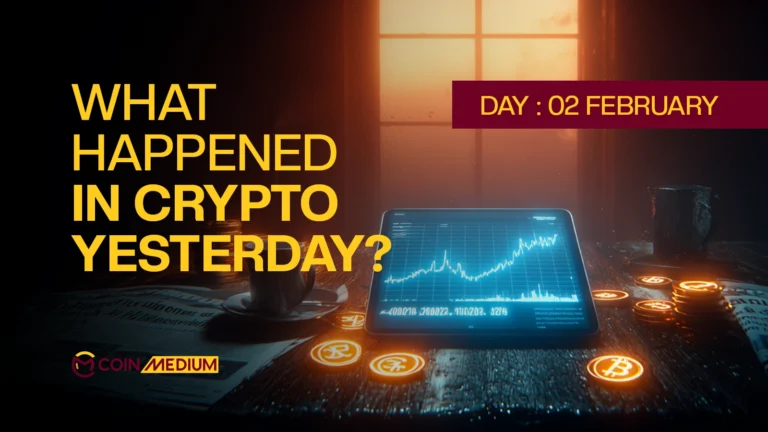The U.S. Securities and Exchange Commission’s (SEC) Division of Corporation Finance has issued a no-action letter to decentralized physical infrastructure project DoubleZero, allowing it to move forward with programmatic transfers of its 2Z token.
In a letter published Monday, Division of Corporation Finance chief counsel Michael Seaman said the SEC would not challenge DoubleZero’s planned distribution of the token, provided the transfers are carried out as described and without treating them as equity securities.
The agency stressed that the decision applies only to the specific circumstances presented by DoubleZero and should not be considered a blanket approval for similar cases.
SEC’s Stance Signals Openness Toward DePIN Models
SEC Commissioner Hester Peirce noted that the DoubleZero case underscores how decentralized physical infrastructure (DePIN) networks differ from the traditional fundraising models the agency usually oversees. She explained that tokens built to coordinate resources like bandwidth or storage act more as operational incentives than as investment contracts.
General counsel Mari Tomunen added that when a token’s value comes from user activity within a network, the Howey test does not apply. In DoubleZero’s case, the protocol aggregates unused private fiber links to deliver faster routing for blockchain node operators, rewarding participants who contribute connectivity with 2Z tokens.
With its mainnet-beta set to launch later this week, co-founder Austin Federa said the decision proves that U.S. crypto teams can work with regulators to secure clarity without losing momentum.
Peirce emphasized that the move shows the SEC can “respect congressional limits” on its authority while allowing builders to focus on infrastructure deployment rather than compliance battles. She also cautioned that categorizing functional DePIN tokens as securities would stifle the growth of physical networks supporting blockchain ecosystems.
The decision comes shortly after the SEC unveiled Project Crypto, a new initiative aimed at closer collaboration with the digital asset industry on regulatory guidelines.







